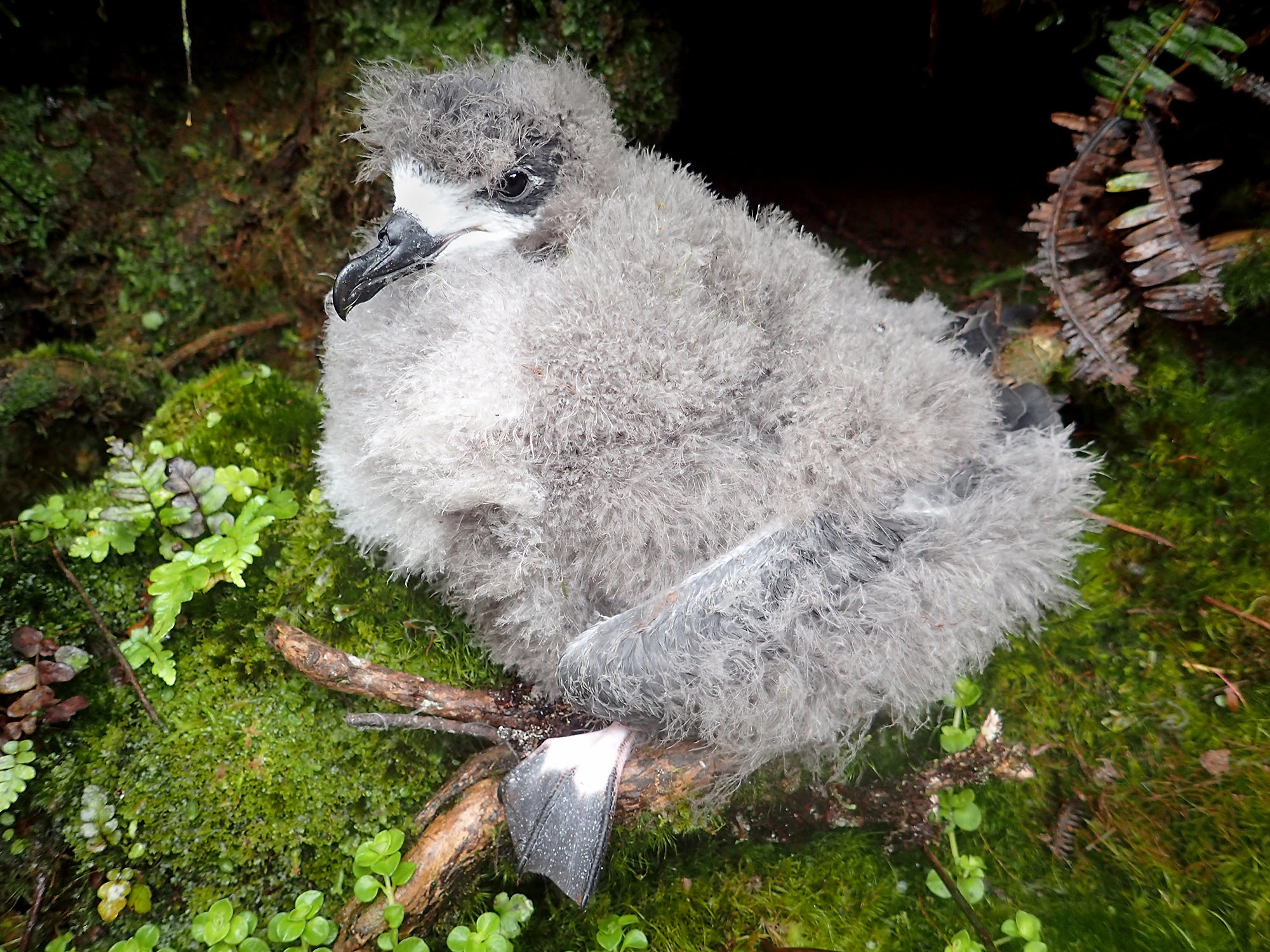Groups Reach Settlement Agreement with Grand Wailea to Protect Endangered Seabirds from Resort Lights
Victory
—Grand Wailea to obtain federal permit and make monthly contributions to fund projects benefiting ʻuaʻu in Maui County
Contact
Yesterday, conservation groups and the Grand Wailea Resort on Maui reached a settlement agreement to protect endangered Hawaiian petrels (ʻuaʻu) while the resort seeks an incidental take permit from the U.S. Fish and Wildlife Service. The settlement between Conservation Council for Hawaiʻi and Center for Biological Diversity, represented by Earthjustice, and the Grand Wailea Resort resolves a lawsuit the conservation groups filed in May to protect ʻuaʻu from injury and death caused by the bright lights at the resort. The Endangered Species Act strictly prohibits harm to the ʻuaʻu, including from lights, unless the property owner secures a federal permit that includes measures to minimize the harm and offset negative impacts through nesting colony protection and other projects that benefit the species.
Under the agreement, Grand Wailea will obtain the required federal permit and, in the meantime, make monthly contributions to fund projects benefiting ʻuaʻu in Maui County. The resort will also take steps to reduce the brightness and intensity of its outdoor lighting — known to attract and cause “fallout” of native seabirds — and will step up its efforts to search for downed birds on its property. Some of the lighting changes will move the resort toward compliance with a Maui County ordinance that requires reducing blue-light content in outdoor lighting by summer of 2026.
“I’m thrilled that the Grand Wailea hotel will take more steps to turn off lights that can be so dangerous for the ʻuaʻu and other Maui seabirds,” said Brett Hartl, Government Affairs Director at the Center for Biological Diversity. “Reducing nighttime light pollution around Maui helps ensure that these endangered petrels have a better future and that their haunting nocturnal calls will echo from the summit of Haleakalā for generations to come.”
“As the ‘endangered species capital of the world,’ we in Hawaiʻi must ensure that we’re doing everything we can to save these magnificent birds from the downward spiral toward extinction that humans have caused,” said Jonee Peters, Executive Director at Conservation Council for Hawaiʻi. “Grand Wailea has been the biggest source of fallout among hotels in this important ʻuaʻu flyway, and we appreciate their willingness to work with us on this settlement, which will set a strong standard for other hotels and landowners in Maui County to follow.”
“This lawsuit ensures long overdue compliance by the Grand Wailea with the federal prohibition against killing, injuring and otherwise harming endangered Hawaiian petrels,” said David Henkin, lead attorney for Earthjustice. “Congress passed the Endangered Species Act because it understood that we all need to do what we can to prevent the extinction of critically imperiled species like the ʻuaʻu. We can’t accomplish this goal, however, if resorts and others that harm endangered species shirk their legal duties. The Grand Wailea’s decision today is an important step toward saving Hawaiʻi’s imperiled seabirds. We urge others to follow suit.”
The Grand Wailea has known for years that its lights attract and harm endangered seabirds. In 2022 the conservations groups reached their first agreement with the resort, requiring it to modify lighting and take other measures to minimize harm to endangered ʻuaʻu navigating between breeding colonies and the ocean. But fledging birds continued to be attracted to, and harmed by, the resort’s artificial lights. The resort’s own monitors documented three ʻuaʻu grounded at the resort since the 2022 agreement, and one of those petrels died. Because of the difficulty in finding and recovering grounded seabirds, it is likely that at least twice this number of birds came down on the property.
Hawaiʻi is the only place in the world where ʻuaʻu breed, with adults returning to nest at the same site where they fledged after spending the first six years of their lives at sea. The largest surviving nesting colony lives on the volcanic slopes of Haleakalā, above the Grand Wailea Resort.
Fledgling ʻuaʻu leave their nests for their first flight to the sea between late September and early December. Some birds are disoriented by artificial lights, circling the lights until they fall to the ground from exhaustion or strike nearby structures. Once grounded, it is impossible for ʻuaʻu to take flight from low-lying coastal properties like the Grand Wailea, leaving them highly vulnerable to predators, dehydration, and starvation unless discovered and rescued by humans. Rescued chicks have worse survival outcomes than their counterparts who are able to reach the ocean without falling victim to light attraction.

Additional Resources
About Earthjustice
Earthjustice is the premier nonprofit environmental law organization. We wield the power of law and the strength of partnership to protect people's health, to preserve magnificent places and wildlife, to advance clean energy, and to combat climate change. We are here because the earth needs a good lawyer.